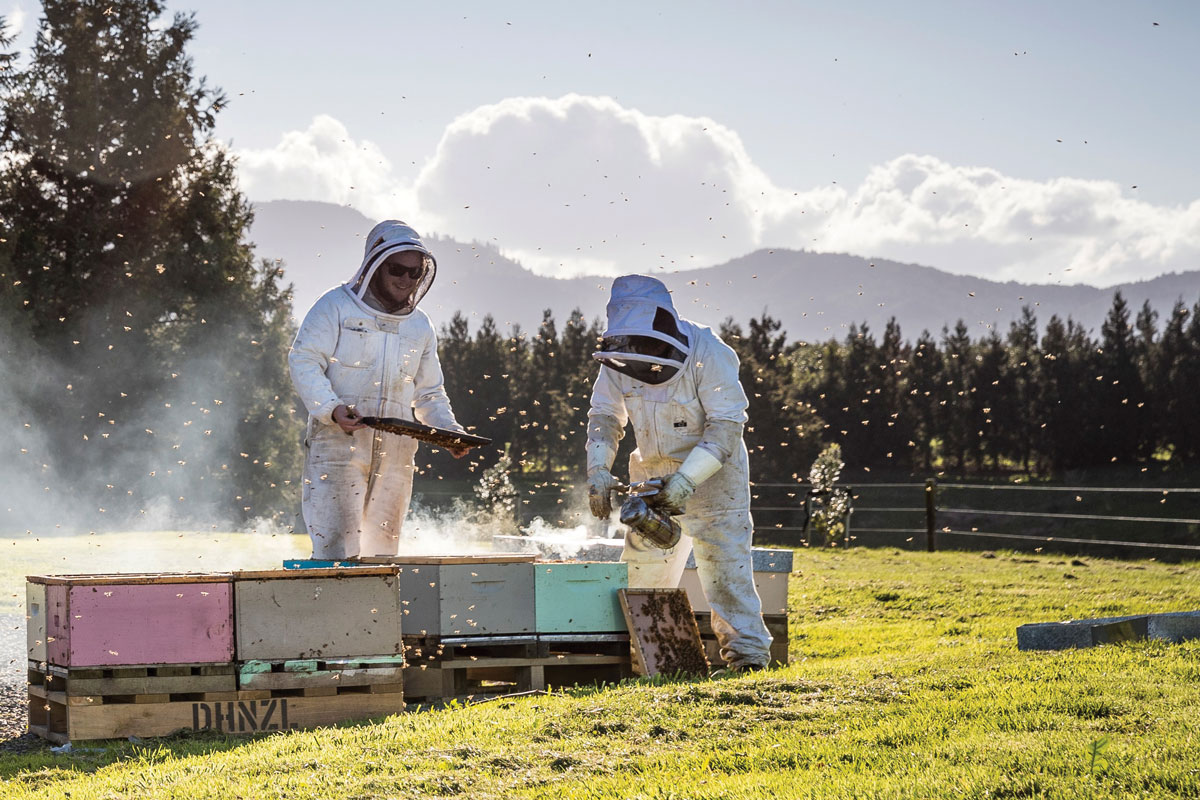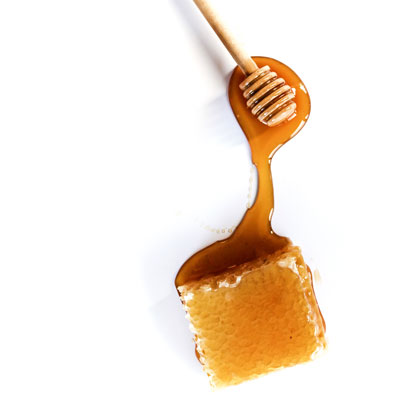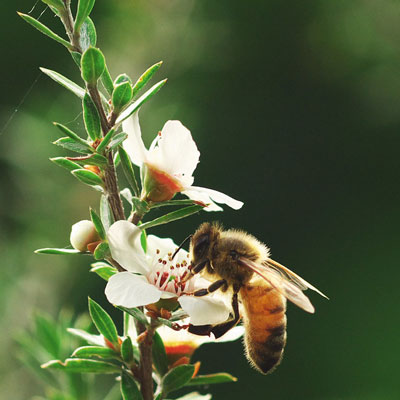Honey, I love you

- Written by
- Dee Ellwood
Sweet Talking Its Way to the Top, One Jar at a Time …
Heralded as a natural sweetener, toast companion, lemon aficionado and spoon’s best friend – is there no limit to the titles honey holds? Apparently not. This sweet saviour continues to make headlines around the globe – on a daily basis – and mostly for the right reasons.So, what’s sticking in 2019? Manuka is no longer the ‘it’ word on the street, nor are Kiwis the only ones benefiting from honey’s health benefits – our pets are getting in on the action too. But, for those hoping to dine out on some raw honey goodness, be wary of where your bees are getting their buzz – not all flowers are created equal.

Sweet soothing …
Move over manuka, there’s a new chief in town – kanuka. The lesser known brother of the honey king has hit the limelight in recent months due to its proven anti-inflammatory qualities.
According to recent data published by Crown Research Institute, New Zealand, kanuka honey has double the levels of bug-killing manuka factor. “Kanuka honey contains around double the amount of the main compound that comprises the manuka factor than most of the potent manuka honeys available,” states professor Shaun Holt, medical researcher and director of HoneyLab.
Kanuka’s saturated anti-inflammatory levels, are good news for the skin, says Shaun of HoneyLab – who are conducting the world’s largest research programme into the medical uses of honey. “Kanuka has a higher level of AGP compounds – arabinogalactans – when compared to any other honey – manuka included,” he explains. “Through our research we are uncovering the ‘actuality’ behind honey’s acclaimed medicinal benefits – no longer is honey just a food product. This means for people who suffer from skin conditions like acne, rosacea or eczema, they now have a medical-grade topical treatment they can apply to their skin.”
So how is honey healing?
Studies are showcasing honey’s hygroscopic properties assist healing by keeping wounds moist, for babies suffering with nappy rash, the acidity of honey works to neutralise ammonia-like excretions. And, in a randomised New Zealand study for the treatment of cold sores –‘Kanuka honey versus acyclovir’ – published by BMJ Journals, findings suggested that, “medical grade kanuka honey may be employed as an equivalent therapeutic choice to acyclovir cream, for the treatment of HSL (herpes simplex labialis), particularly given the emergent issues of drug resistance.”

Something to woof about
Pet exclusive products move over – this century we’re all for sharing. Take for example HoneyVet’s range of pet skincare products – owners aren’t left out in the cold. “Our product development is founded upon inclusivity, our pet’s skin should be treated with the same standard of high-quality products that we would use on ourselves,” explains Pip Jones, veterinarian and co-founder of HoneyVet. “So, owners and pets alike can use the products.” And, unlike chocolate – which contains theobromine – when it comes to man’s best friend, honey’s no foe.
“Honey is also a humectant, which is a substance that attracts and retains moisture, which we believe is very important for maintaining a healthy coat and skin,” explains Pip.“Treatment with honey has been proven to alleviate some of the symptoms of seasonal allergies, such as itching, red and irritated skin, hotspots and hair loss.”
Honey, honey test me
Whilst raw honey products – think delicious honeycomb straight from the hive – are soaring in popularity worldwide (accounting for 68% of the net growth within the honey and syrup category in the US, as reported in the January issue of Bee Culture, The Magazine of American Beekeeping), it pays to be confident of your honey source, advises Julie Hayes of BeeNZ.
“The problem with comb honey – and there have been several cases of poisoning here in New Zealand in the past several years – is the uncertainty of the flower source, because it can be problematic,” she says. “In New Zealand we are at risk from tutin toxin, found in the tutu plant. Toxicity occurs when the bees collect honeydew from passion vine hoppers who’ve fed on the tutu. Beekeepers have to be wary about collecting honey from hives in the months before and after tutu flowers – especially in certain areas of the country, making sure the honey tutin level is below the allowed maximum of 0.7mg/kg.”